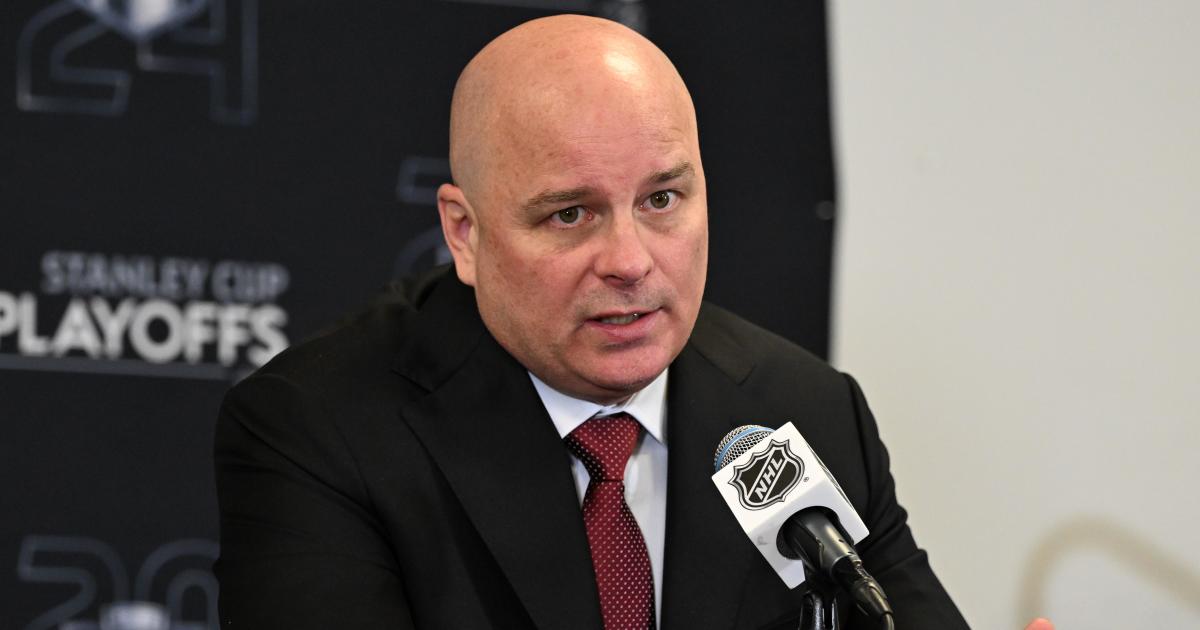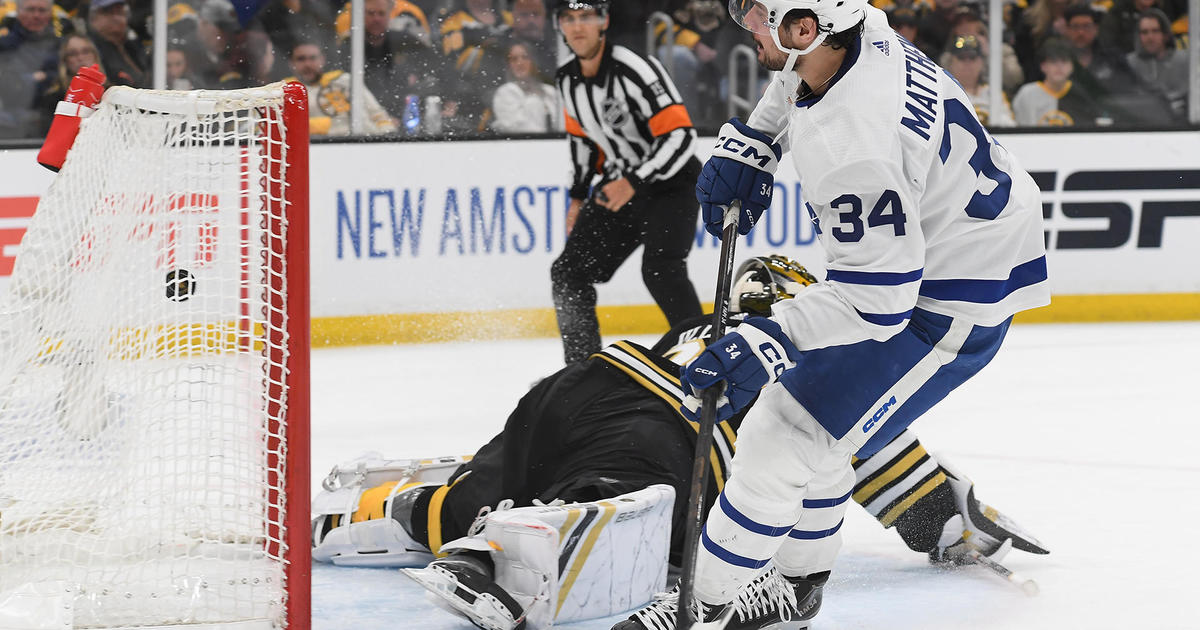Hurley: Chris Kelly's Contract Not Really The Problem For Bruins Amid Cap Crunch
BOSTON (CBS) -- The Bruins are stuck in "cap jail" so badly that the term "cap jail" has become a real thing in Boston. What it means is that the Bruins are coming off a Presidents' Trophy-winning season but can't do a whole lot to improve this offseason, unless they're willing to trade away a player considered to be a "core" member of the team.
The first shoe to drop was when first-line winger Jarome Iginla signed elsewhere in the first few hours of free agency. The second part is still ongoing, in that it involves Peter Chiarelli basically standing pat and hoping his current roster is good enough to win the Eastern Conference.
Now, when a team finds itself in such a situation, people want answers -- or, more accurately, they want scapegoats. And unfortunately for Chris Kelly, he and his whopping $3 million contract have somehow made the congenial fellow from Ontario the subject of many fans' rage.
It's not just in angry tweets (though there are many, many angry tweets); it's also on the radio and in columns and on television. Almost universally it's been agreed that Chris Kelly's $3 million cap hit is a problem, and the fact that he was injured and therefore ineligible to be bought out was a crushing blow to the Boston Bruins' 2014 offseason.
But is Kelly's contract really a problem?
After all, even though the salary cap is a bit lower than expected at $69 million, Kelly's contract still accounts for just 4.3 percent of that. While it's not a completely accurate exercise, consider that Kelly accounted for 2.6 percent of the Bruins' points in 2013-14. If you're assigning dollar values to points, Kelly wasn't terribly far off from what he should have contributed.
Still not convinced? OK, I don't blame you, because that would have been a really strange way to convince you of anything. I admire your smarts and steadfast resistance.
Instead, let's look back to 2011, when the Bruins acquired Kelly and Rich Peverley and matched them up with Michael Ryder to form the third line. Again, it's not apples-to-apples to compare the midseason acquisitions of two third-liners to the third line heading into a season, but play along with me.
If you take their full salaries from the 2010-11 season, you have Ryder at $4 million, Kelly at $2.124 million and Peverley at $1.325 million. That's a grand total of $7.449 million of cap space dedicated to the third line. The salary cap in 2010-11 was $59.4 million, so the third line accounted for 12.5 percent of the total cap.
Now look at this year. You can assume that Matt Fraser will play on the third line and will make something like $750,000 next season. But let's go higher than that -- let's say that Daniel Paille will move up and assume a third-line role. That would give you Kelly ($3 million cap hit), Paille ($1.3 million) and Carl Soderberg ($1.008 million) for a combined $5.3 million. That is 7.7 percent of the salary cap, significantly less than what was dedicated to the third line in 2011.
Of course -- of course! -- there are just a few differences from the 2011 third line and the 2014-15 third line. For one, there was Michael Ryder, whose 18 goals and 23 assists that year equal about 2.5 years' worth of Chris Kelly's current output. Also, the top two lines and top D-men in 2011 didn't cost nearly as much as the current group of players does. The starting goaltender then, Tim Thomas, cost $5 million against the cap; the current netminder, Tuukka Rask, counts for $7 million. Zdeno Chara did actually make more money back then, costing about $600,000 more against the cap, but at $4.25 million, midseason acquisition Tomas Kaberle was the only other D-man making big money. (The Bruins were only on the hook for $1.19 million of Kaberle's money.) Patrice Bergeron had a $4.75 million cap hit in 2011; this upcoming year, he'll cost $6.5 million against the cap. Likewise, Milan Lucic carries a cap hit nearly $2 million higher than he had four seasons ago. Brad Marchand was basically free in 2011; he'll make $4.5 million next year.
And again, comparing the Peverley-Kelly-Ryder trio's combined cap hit with that of Kelly-Soderberg-Fraser isn't a perfect picture, but even still, the Bruins had $2.2 million allocated for Blake Wheeler and $3.5 million allocated for Marco Sturm in a year when the salary cap was nearly $10 million lower than it will be next season.
So, you ask, what in the world is your point? Fair question -- I tend to ramble. The point is this: Chris Kelly is a problem for the Bruins only insomuch as he needs to play better. Nine goals and nine assists over 57 games is pretty lousy, his Corsi numbers aren't particularly good, and it's not just a statistical problem. There were many moments when Soderberg worked some magic in the offensive zone, sending a beautiful pass to Kelly in the slot, only for Kelly to miss the net or flub the shot entirely. Kelly is not exactly Wayne Gretzky when it comes to handling the puck in the offensive end of the ice, but he still should be better than he was last year. There's no denying that.
At the same time, anyone trying to paint Kelly and his $3 million cap hit as the problem would be wrong. A veteran with a decade's worth of experience in the NHL and the ability to win faceoffs and kill penalties will make about $3 million. If Kelly underperforms, it's not really the contract's fault. He just needs to play better.
And really, teams have overcome much more adversity than having an underachieving third-line center-turned-winger costing $3 million against the salary cap.
Basically, leave Chris Kelly alone. He's not the problem.
Plus, can you put a price tag on smiles on faces and tunes on stereos after wins? No. No, you cannot.
Read more from Michael Hurley by clicking here, or find him on Twitter @michaelFhurley.
MORE BRUINS COVERAGE FROM CBS BOSTON



